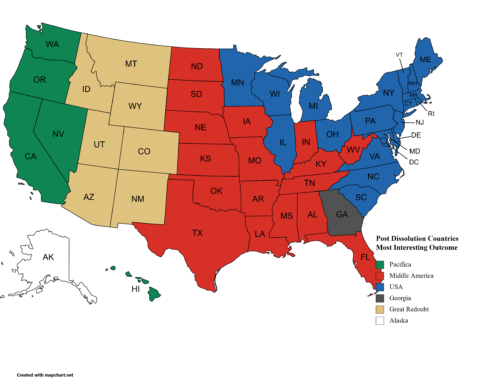In previous posts we discussed the importance of senior leaders focusing on the long-range vision and strategy and leaving the day-to-day “doing” to your doers. But through lots of feedback and discussions in the field, it is time to put out another post on how to do that.
Leaving the doing to the doers does not mean being unaware of what is happening. That can work when guidance is clear and there is unequaled trust in the subordinate. One example of this comes from Douglas MacArthur during World War II. When asked by a journalist one day what targets his air forces were hitting that day, he said he didn’t know and that they should ask Lieutenant General Kenney (his air commander). MacArthur knew what he directed Kenney to do. He trusted Kinney to get it done however was best. Likewise, in today’s business world, there is a fine line for leader to walk between being aware of what is going on and being too involved in your subordinates’ business. You should know that your sales manager is focusing on getting a particular client, but not telling her what to say.
On the most basic level, you must decide what the narrative is that you want people to hear. You must decide what it is you want to tell the potential customer base that you’re all about. The you have to decide if that is something you are ready and willing to provide.
In your professional environment and with your customers you really must excel in three areas:
– Honesty/Transparency
– Excellence
– Consistency
Volkswagen paid more than government fines for its lack of honesty and transparency in getting around emissions regulations in its cars. Likewise, the public has increasingly negative attitudes towards large banks and financial institutions because of the perceived lack of transparency. Even worse is the lack of trust in governments and politicians when the public cannot see through the opaque and deliberately hidden process of creating laws and interpreting and enforcing them. Sunlight is the greatest disinfectant, and when a company is deliberately opaque with its clients and customers, it does not have long before it gets caught.
Excellence means achieving or exceeding what you tell your clients and customers you will deliver. Many people are willing to pay a premium for certain automotive brands because of a consistent track record of excellence. But the same goes for the small town, private auto shop, bakery, or bank. I stay with one of my banks because when I walk in, I am recognized and treated well, without asking me for my ID or account number. That is excellence.
Consistency means delivering the same excellent product over time. That means that from lot to lot, whatever your product is, it meets standards without fail. Mario Batali taught his cooks that the reason diners returned to his restaurants was the consistency of the flavor of the sauce over time. But since no two tomatoes ever taste exactly the same (location grown, time of year harvested, etc.), to achieve that consistency required learning the flavor and constantly adjusting the sauce to achieve the exact same taste night after night. So it is with brakes for an airliner, springs for a locomotive, or flavors in candy.
So to be honest, excellent and consistent, I posit the leader has a responsibility to focus on vision, be aware of the details to keep everyone honest, and ask for evidence.
We’ve discussed this before in several posts. You want to be simple – like the Google search screen. Everyone should know that your primary role is maintaining your organization’s focus. What got you here won’t get you there, so that means adapting to an ever changing environment. You can’t adapt to the environment if your nose is so deep in the day-to-day details that you aren’t aware of what’s happening round you. And when someone tells you something that sounds like a fact, ask for evidence. It won’t upset them if you let everyone know up front that you have a standing expectation that claims of fact be accompanied by sound evidence. Motivate curiosity in your people which leads to inquiry and the search for evidence.
Fun occurs in the corporate world when you impose your will, be it in the market, or in achieving your objectives. You can’t have fun when someone is dominating you. But you can achieve your will if you are honest, excellent and consistent.
Keep thinking.





Leave A Comment